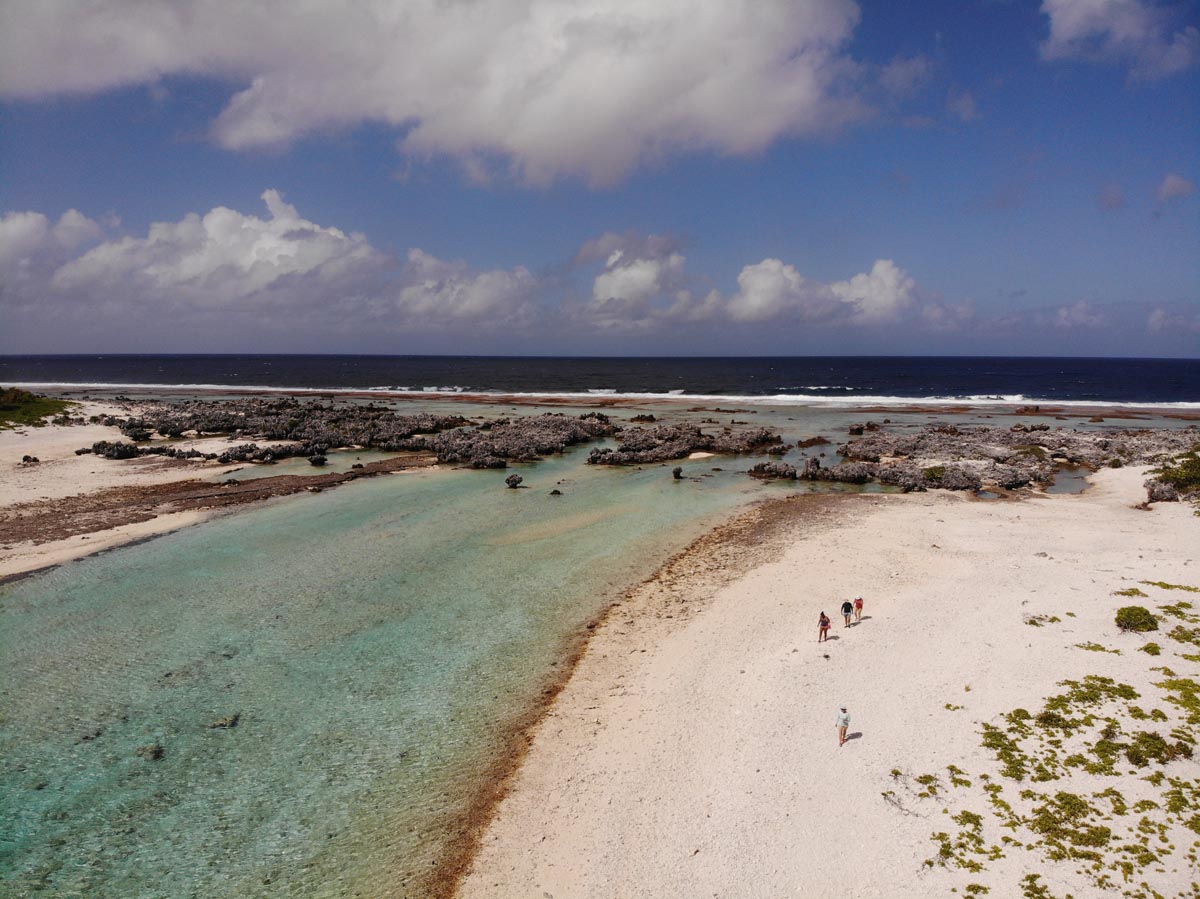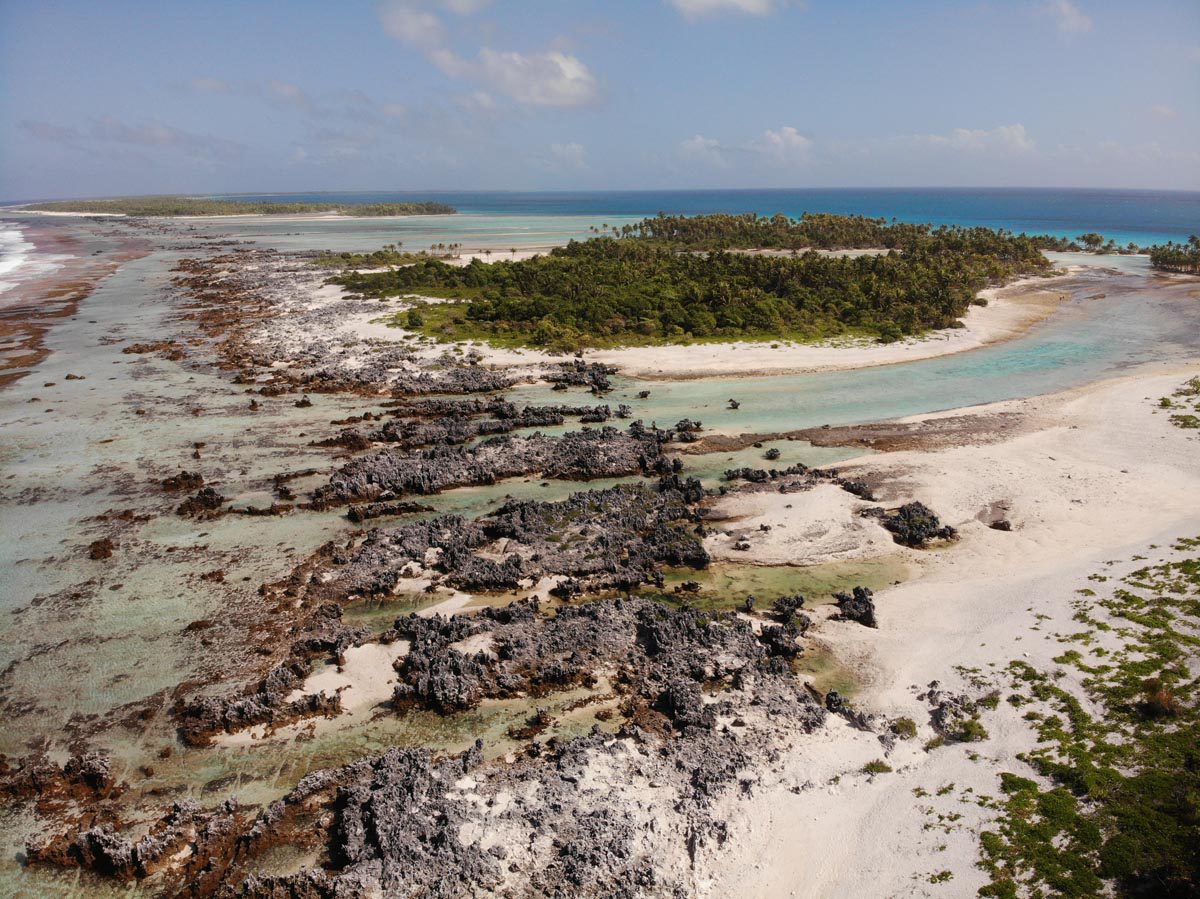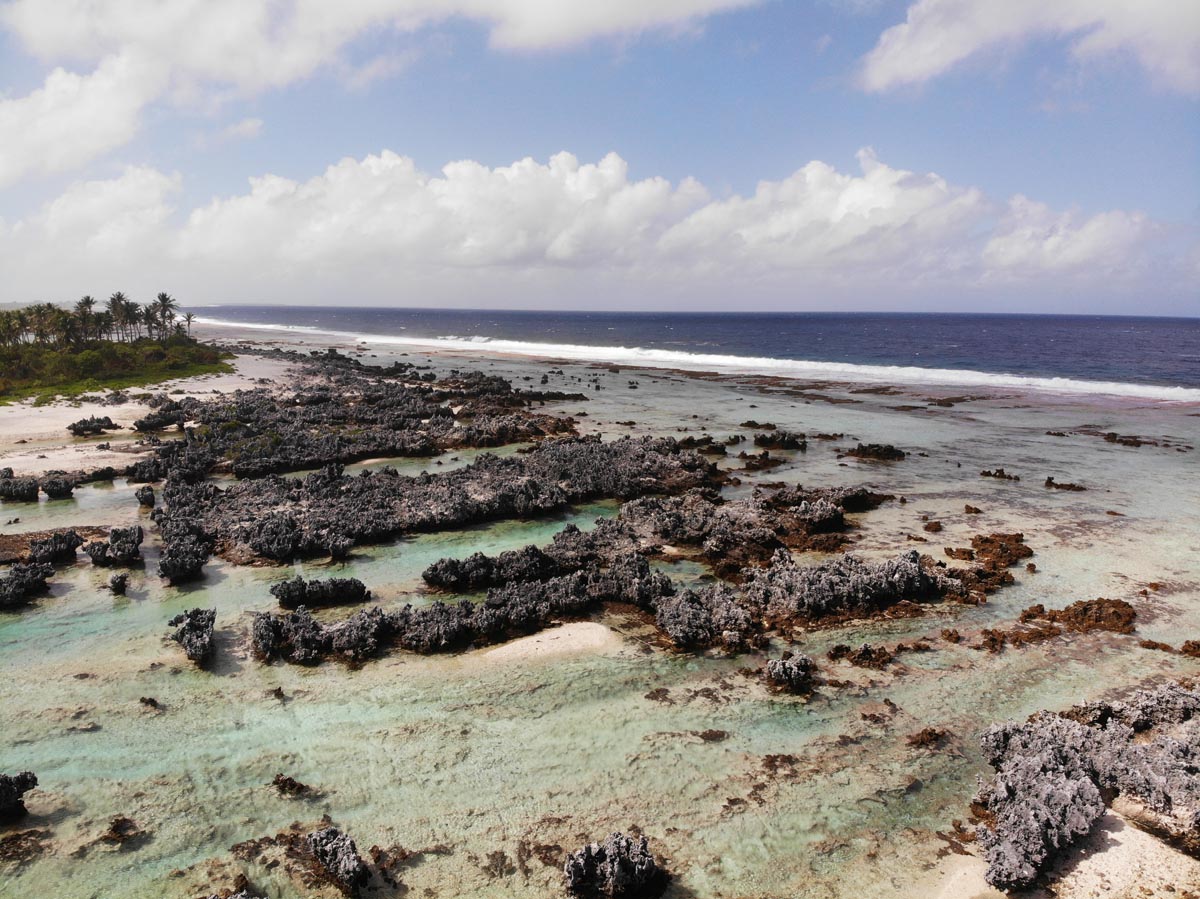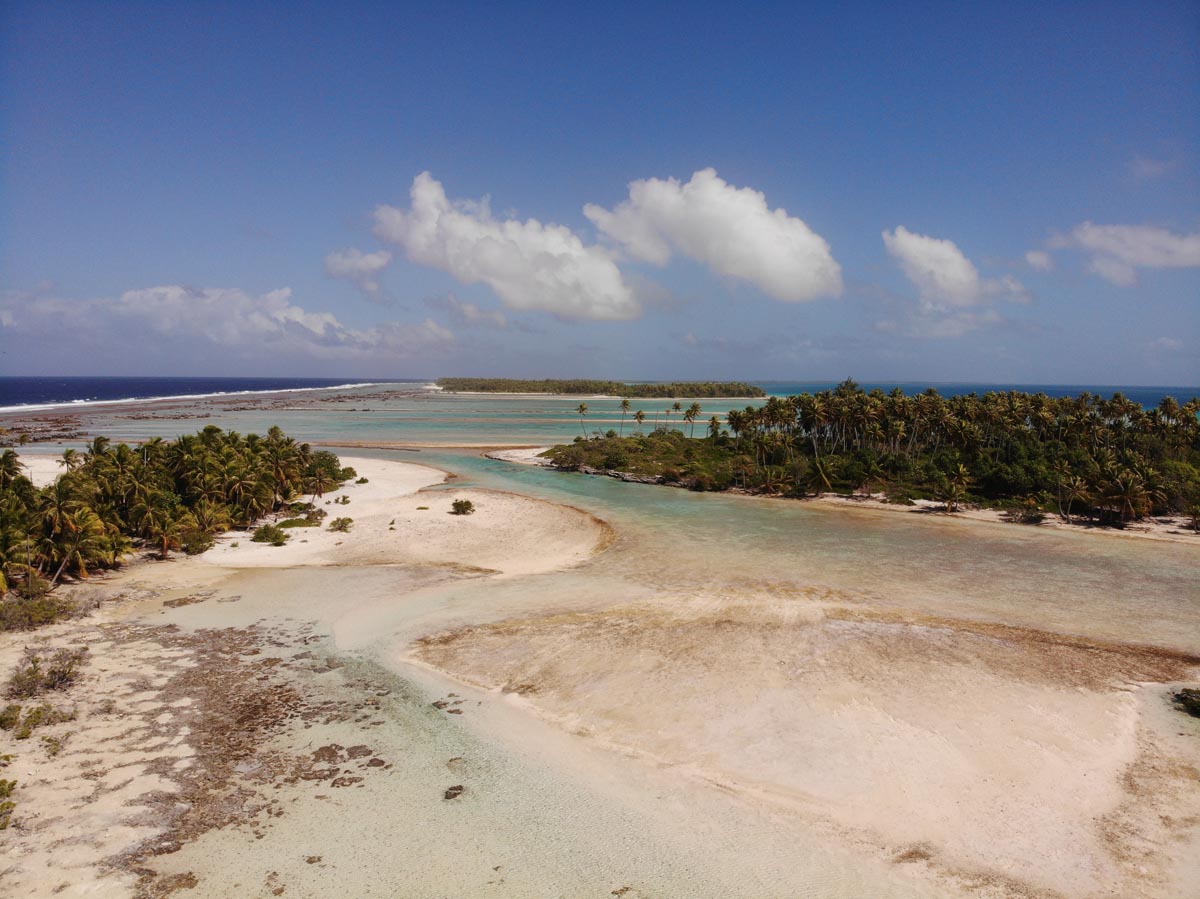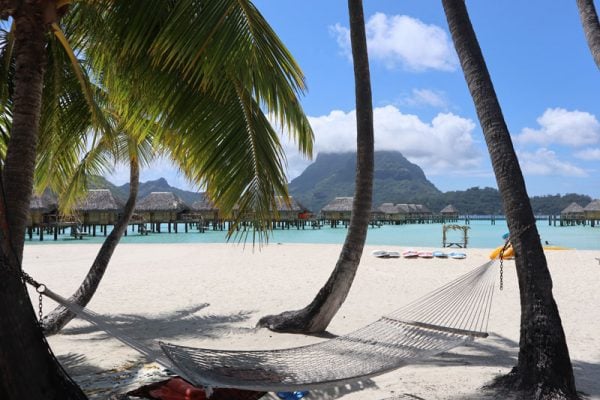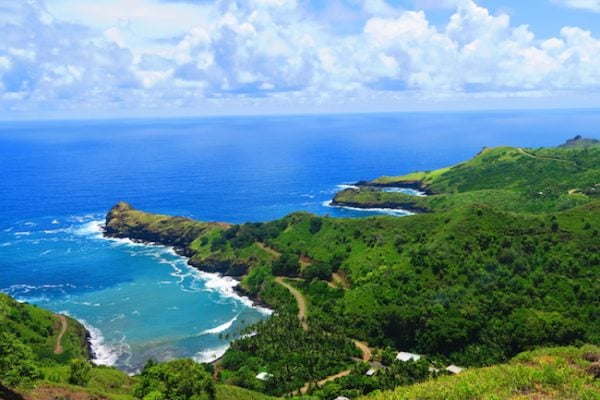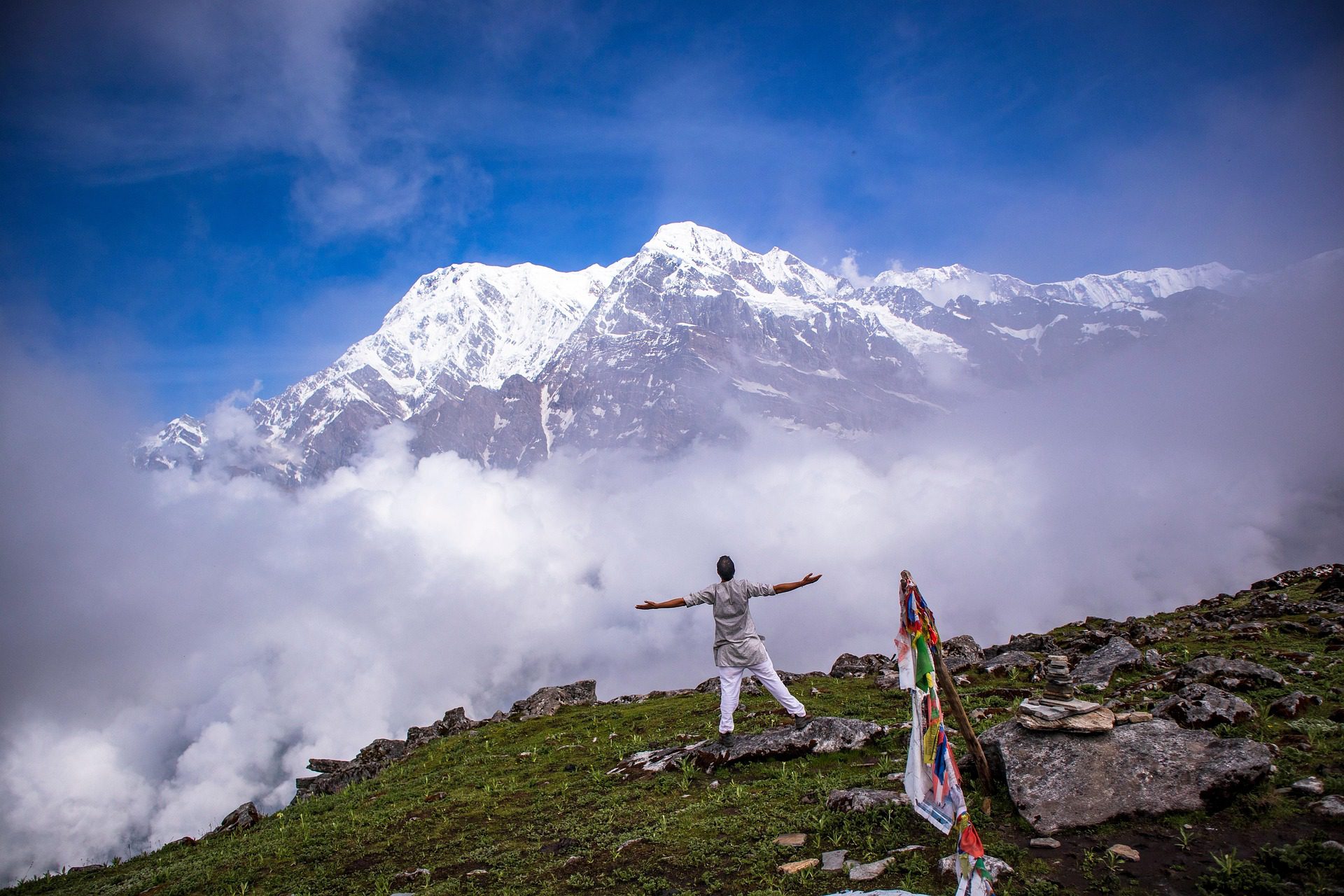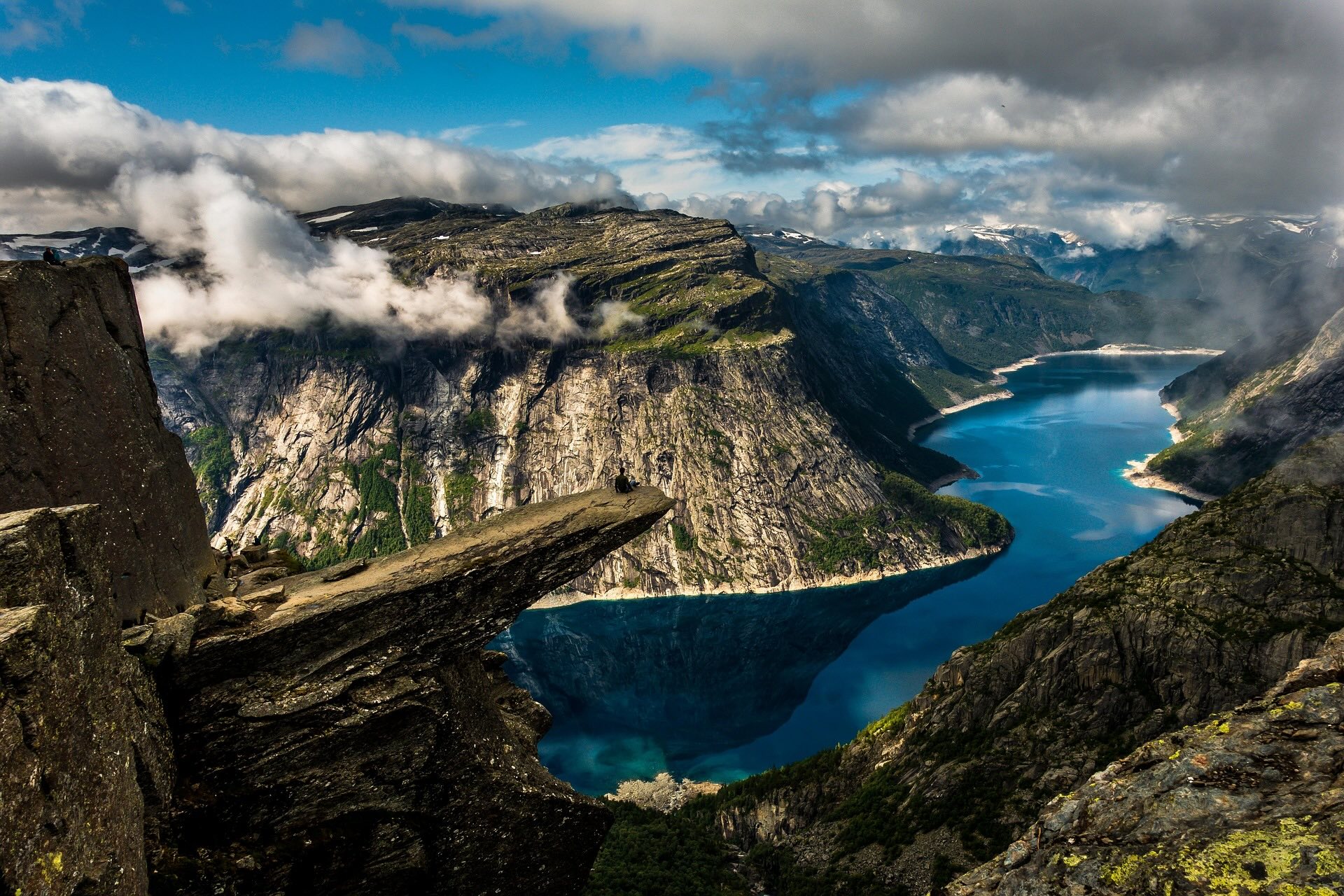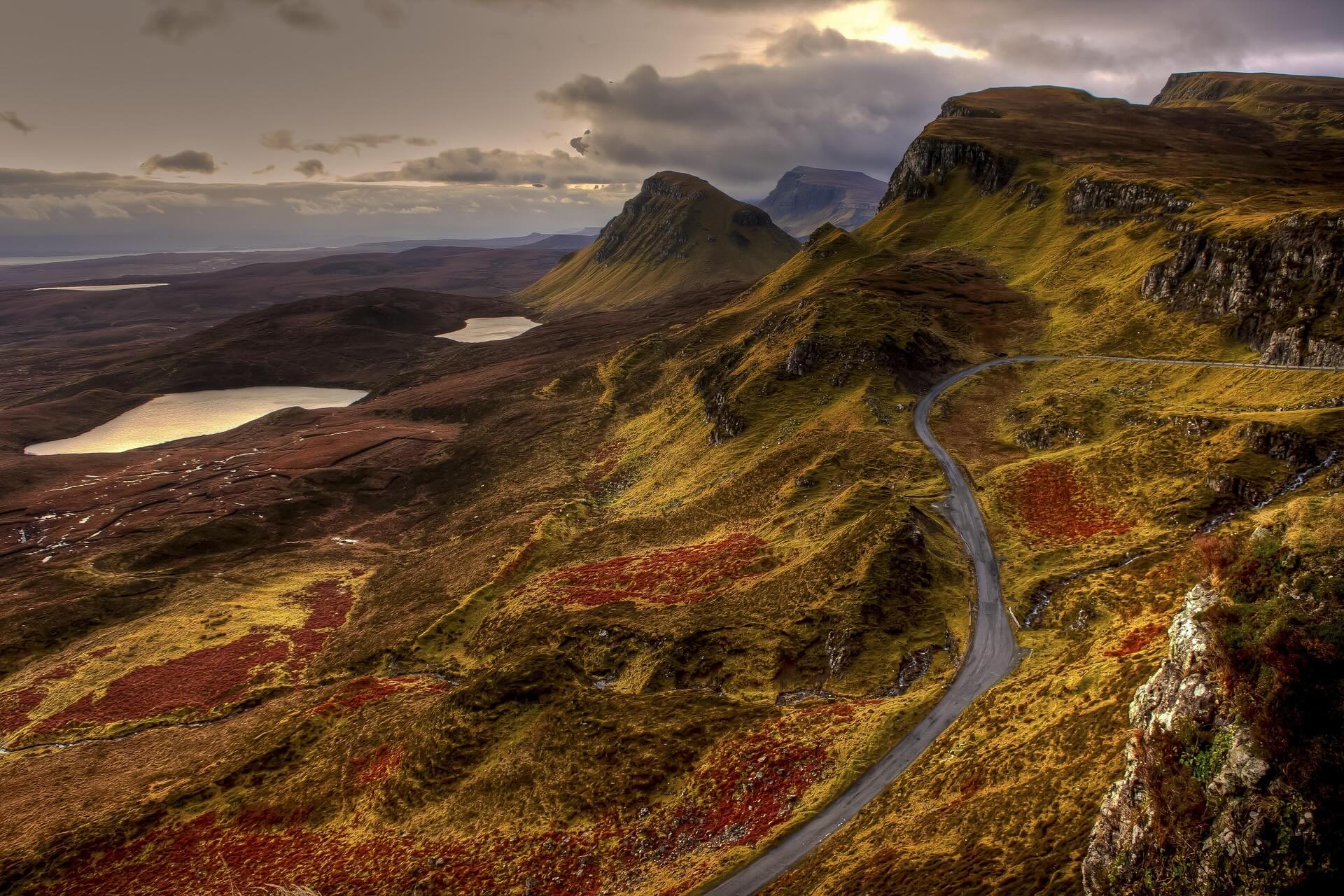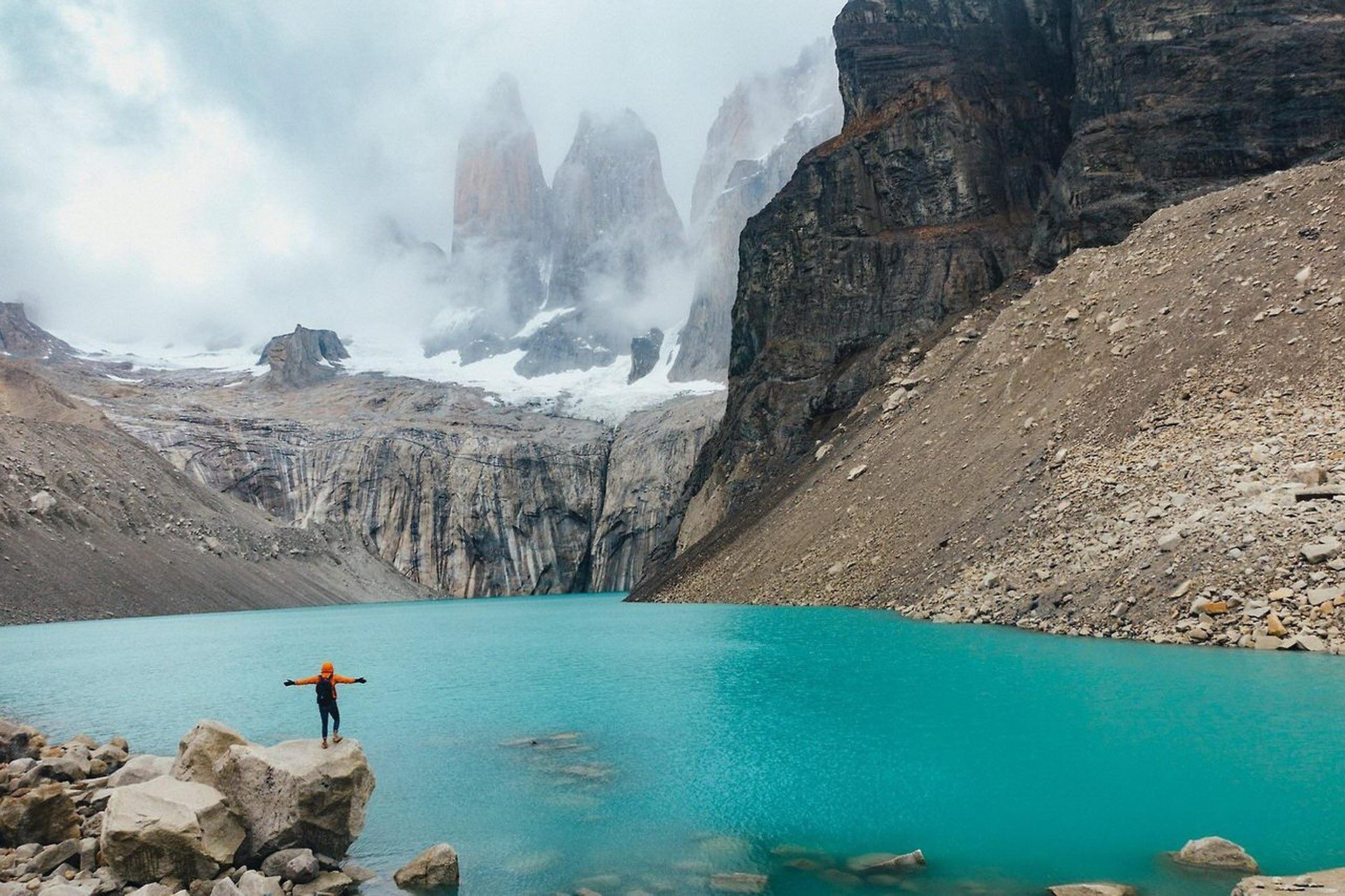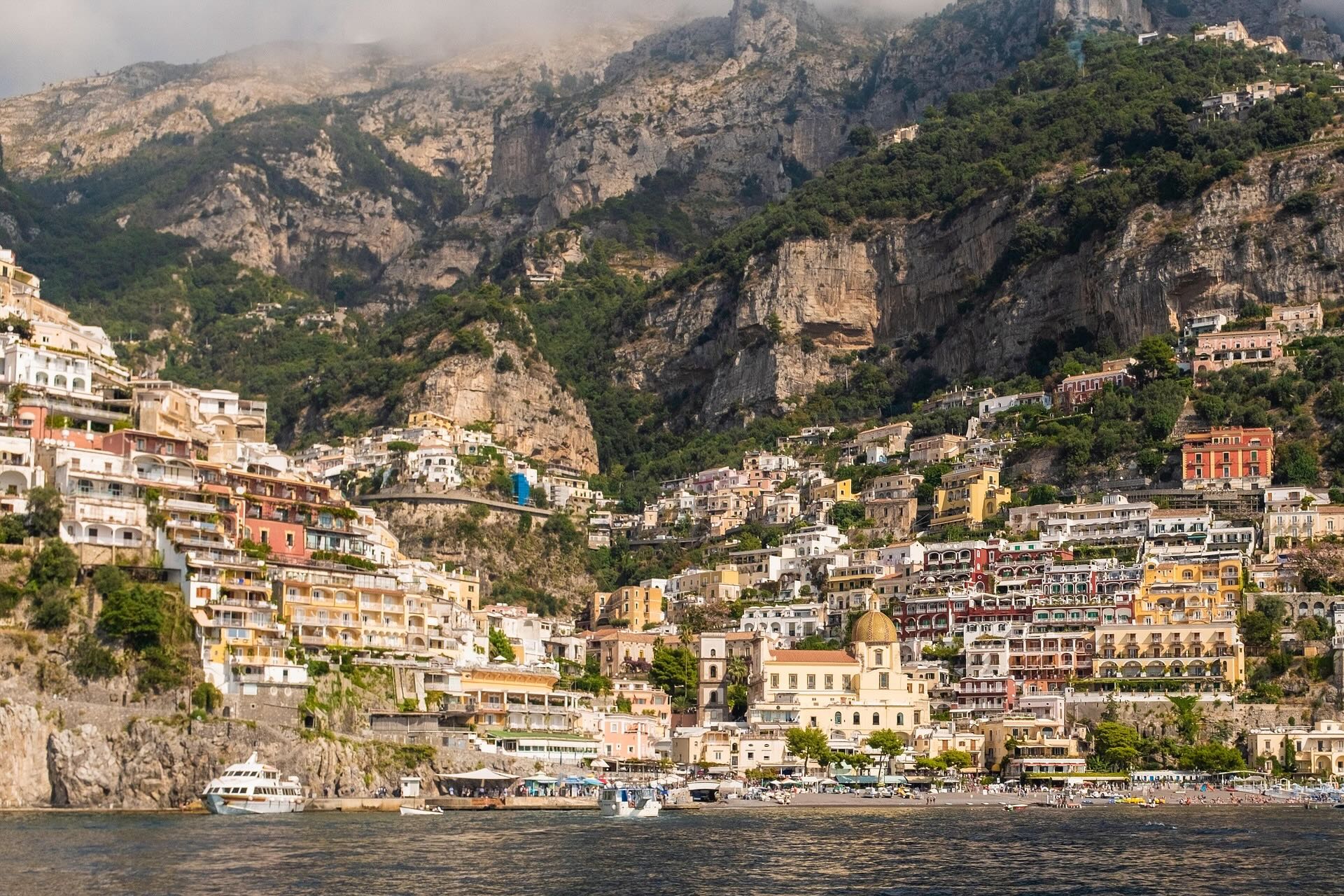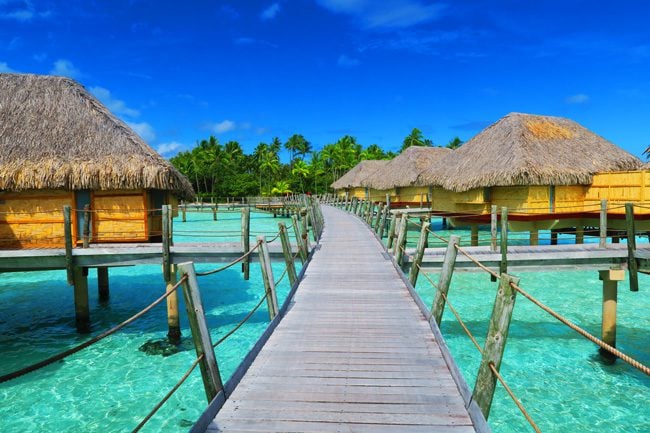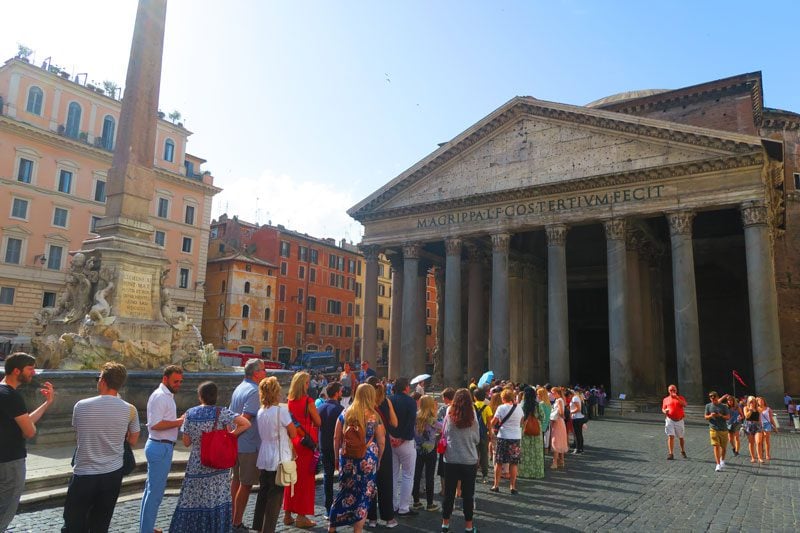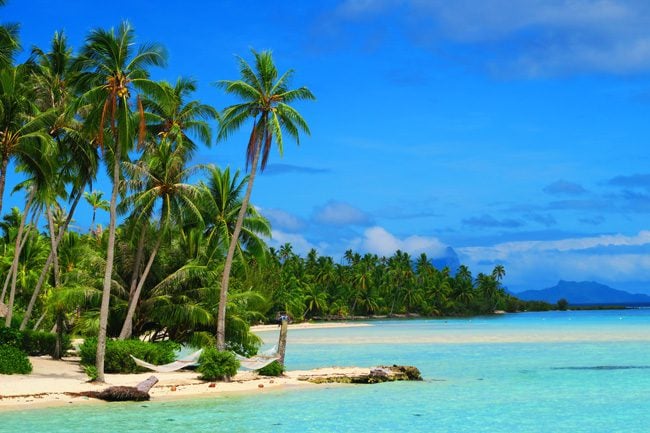10 Days In the Tuamotu Atolls of French Polynesia
Part II: 3 Days in Rangiroa
Rangiroa is the largest atoll in French Polynesia and the second-largest in the world. Its lagoon is so immense that you can fit the entire island of Tahiti inside it (~1,000 square km) and still have some space left over. Rangiroa is “the Bora Bora of the Tuamotus” in terms of tourist infrastructure and visitor numbers. It’s by far the most popular destination in the archipelago, mainly attracting divers and cruise ships. The diving in Rangiroa is done in and around its two lagoon entrances (passes): Tiputa and Avatoru.
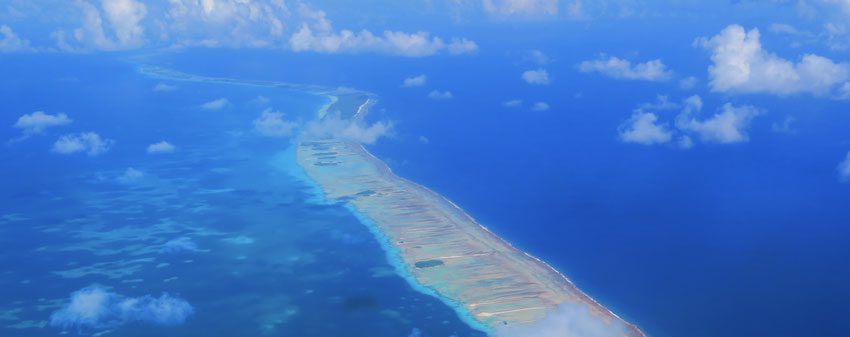
Where to Stay in Rangiroa?
Most, if not all accommodations in Rangiroa are on the main motu (islet), on the opposite end of the main village of Avatoru. On the high end, the Kia Ora is the finest resort on the atoll, followed by Maitai Rangiroa. On the pension/lodge side, Le Relais de Josephine is the upscale choice, followed by Le Coconut Lodge. Simpler but excellent options also include Va’a i Te Moana, Pension Cecile, and Pension Tapuheitin.
Day 4: Arrival, Snorkeling & Exploration
The amount of activity on this day depends on your arrival time to Rangiroa. Once settled, choose from either a land-based activity or head straight underwater.
For land-based activity, rent a bicycle and head in the direction of Avatoru Village. It’s the largest village in the Tuamotus but don’t expect much action, just a great taste of island life and two charming churches. At the pier, you’ll get a good view of Avatoru Pass and watch local fishermen working on tonight’s dinner.
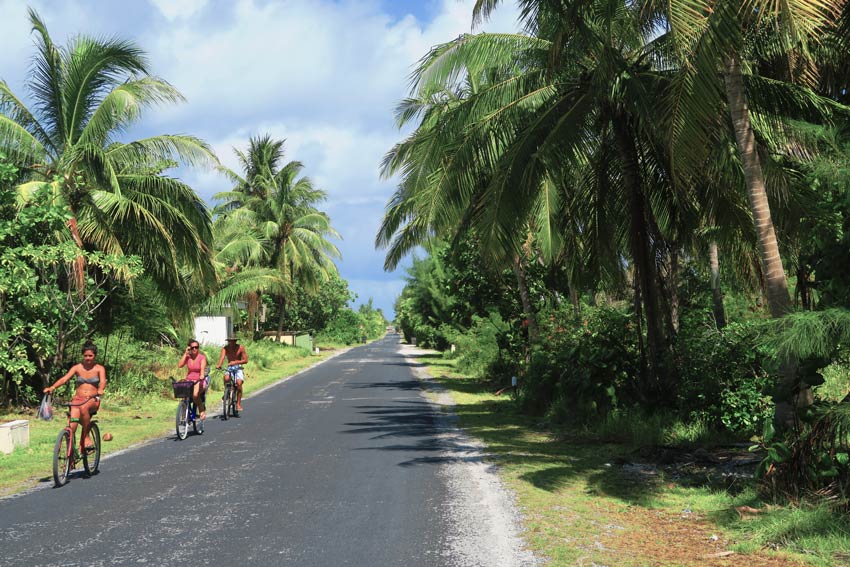
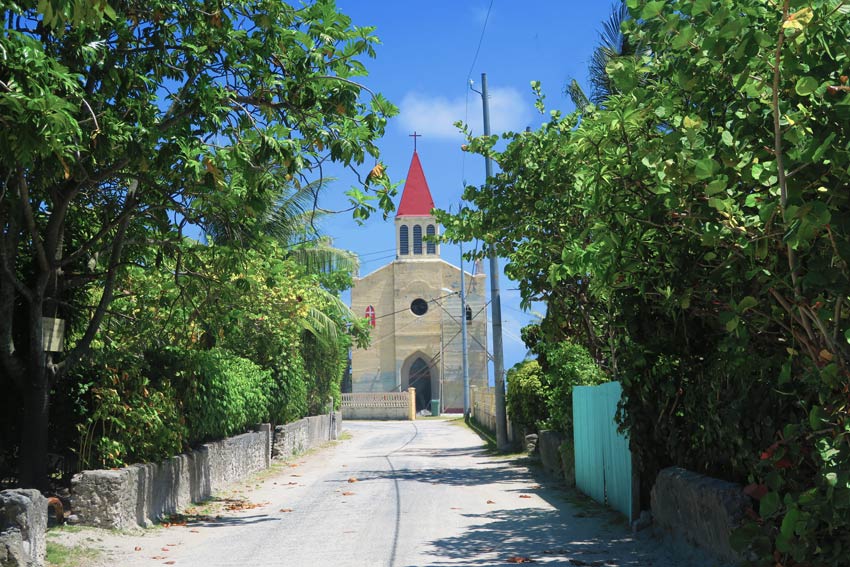
On the way to the village, you’ll cycle past Gauguin’s Pearls where you might be able to join a free tour and learn about the black pearl industry. Close by is the visitors center and bottling station of Vin de Tahiti. It’s the only winery in French Polynesia and they also produce acclaimed rum. Tours and tasting are sometimes offered for a small fee. Stop for lunch at one of the snacks in the small port and, if there’s more time, catch a taxi boat to Tiputa Village where you’ll experience the true meaning of “island time”.
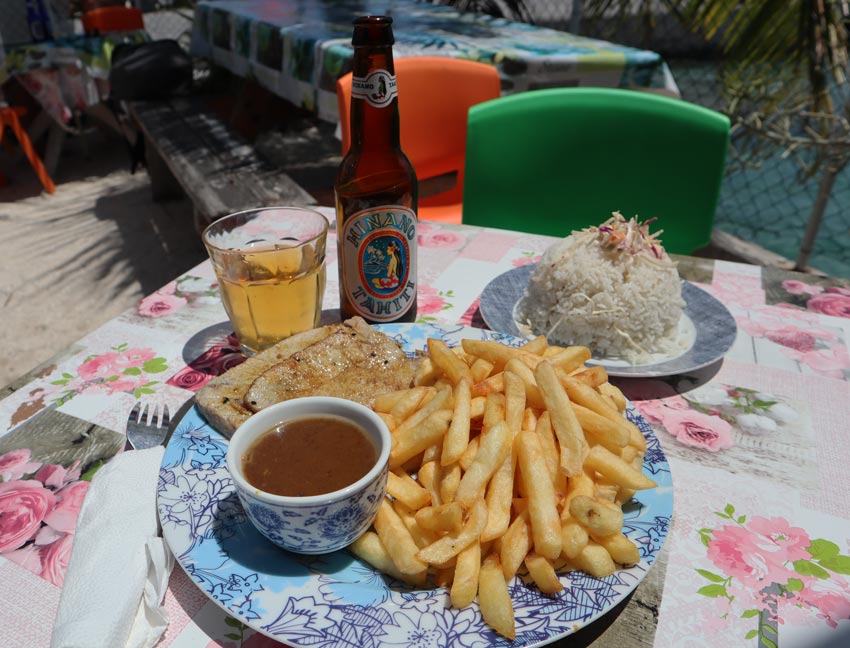
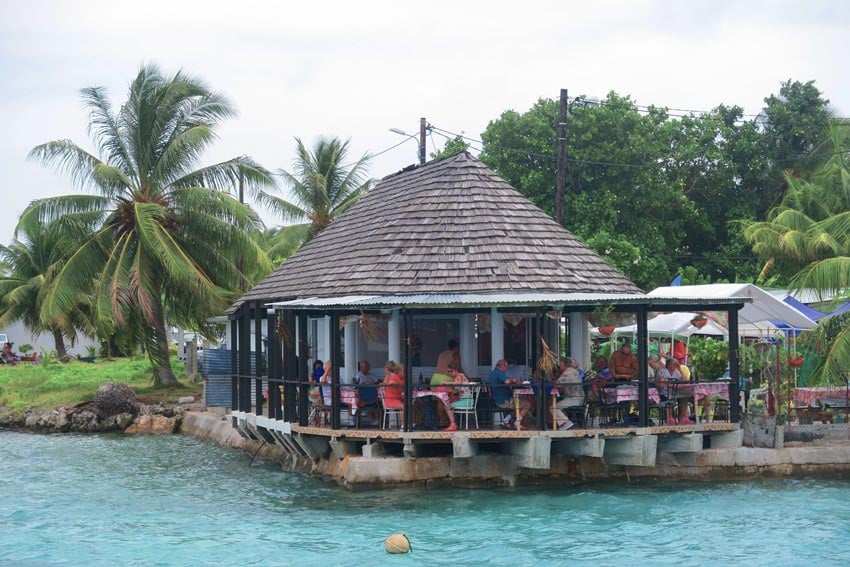
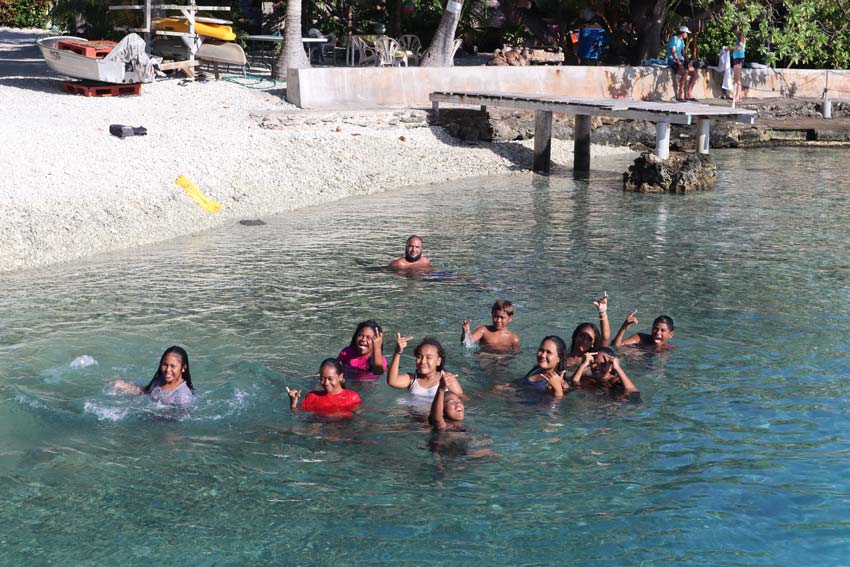
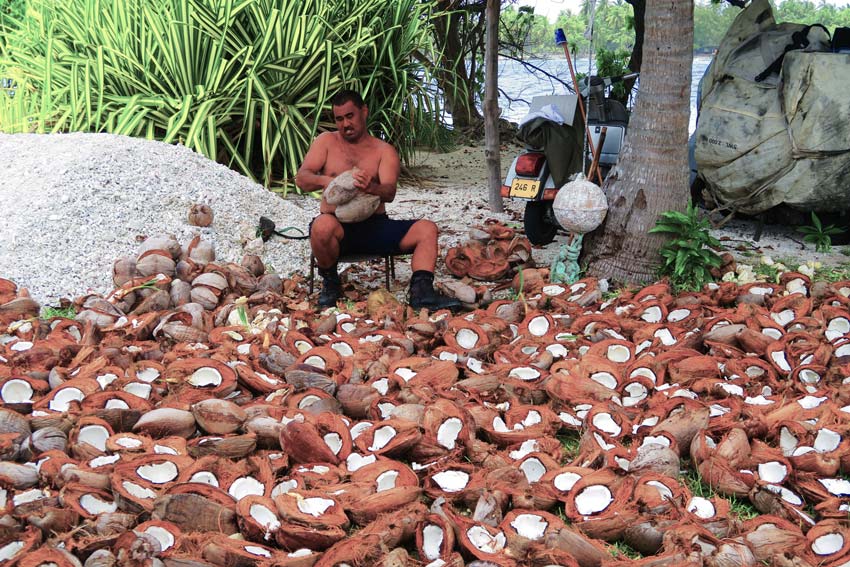
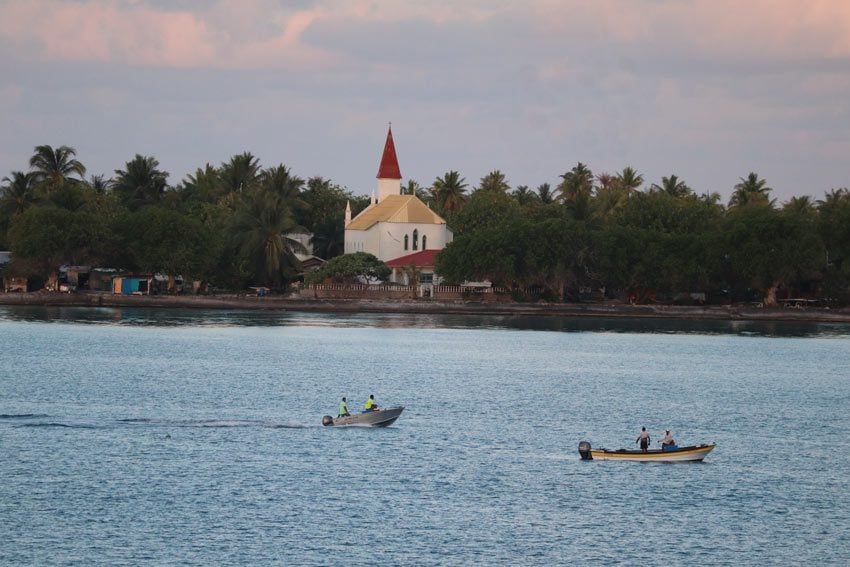
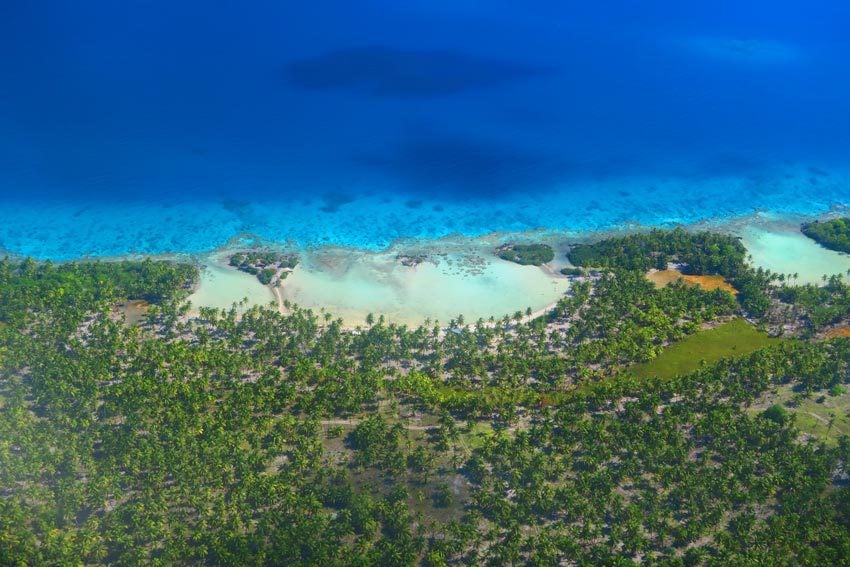
For the underwater experience, skip the village tour and book a short boat trip to snorkel in “the aquarium”. After lunch in one of the snacks at the port, walk to the small boat ramp past Pension Teina & Marie, where you can jump into the shallow waters and swim with dozens of reef sharks.
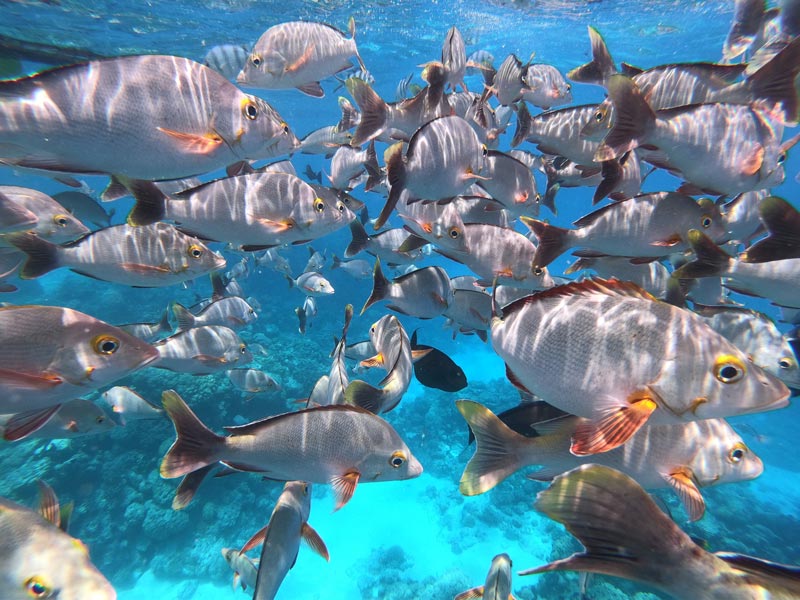
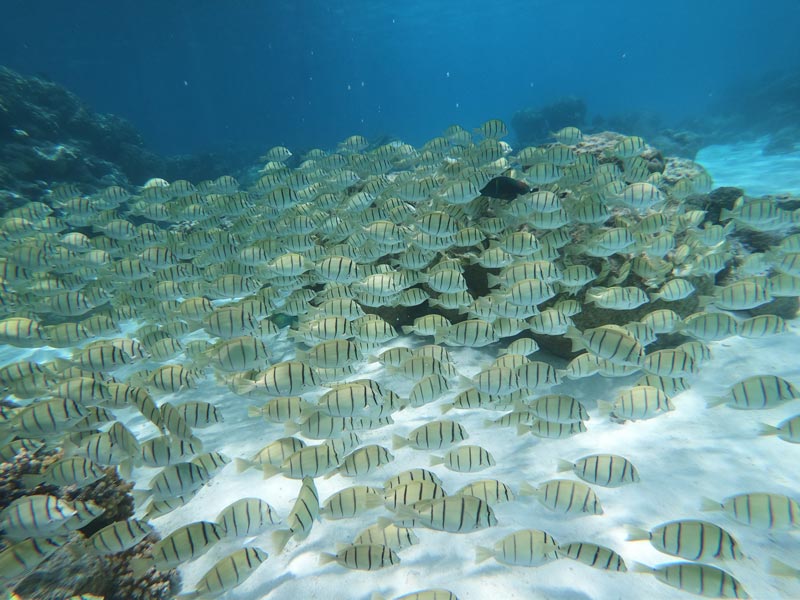
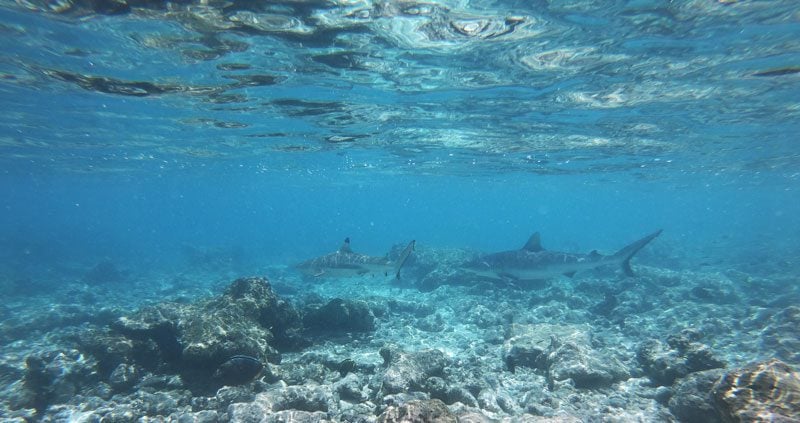
No matter which option you chose, head to the dolphin lookout that overlooks Tiputa Pass. It’s not only a prime viewing area for dolphins when conditions are optimal but also a great spot for watching the sunset together with locals.
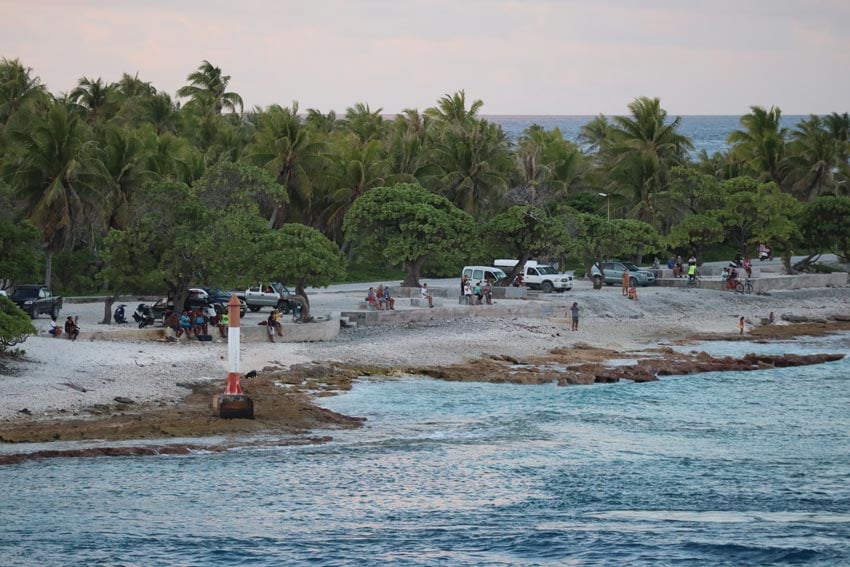
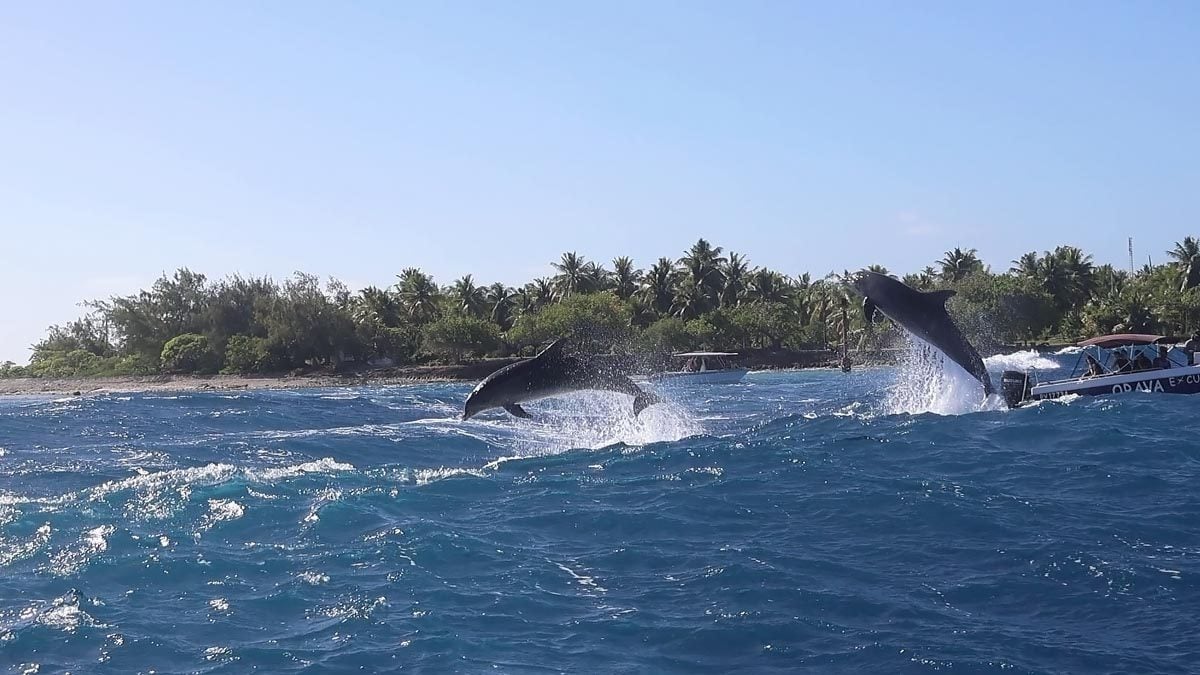
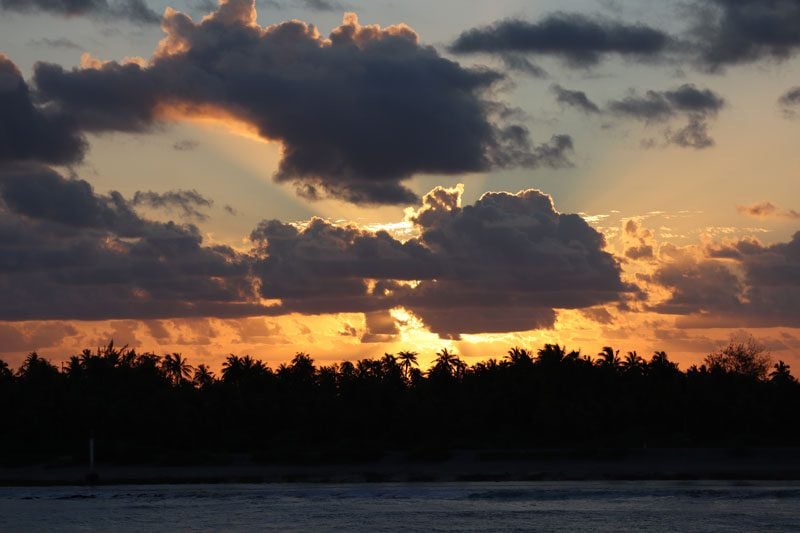
Day 5: Scuba Diving
The prime reason for visiting Rangiroa is its world-class diving. Hardcore divers from around the world will often spend weeks in Rangiroa, hoping to spot rare sharks in the shallow depths. You can do three dives on this day, twice in the morning and once in the afternoon or evening. Much like in Tikehau, don’t expect to see extraordinary coral (due to the relative position of the lagoon pass) but do expect to see plenty of fish. So the dives in Rangiroa are all about spotting dolphins, turtles, large schools of fish, and a large variety of sharks.
Most dives take place in the Tiputa Pass. Depending on the currents, you’ll either do a drift dive or cruise back into the lagoon. Some dive centers will also offer dives in the Avatoru Pass. These won’t be drift dives but there is a good chance of seeing silvertip sharks here. Here’s a video summary of my dives in Rangiroa.
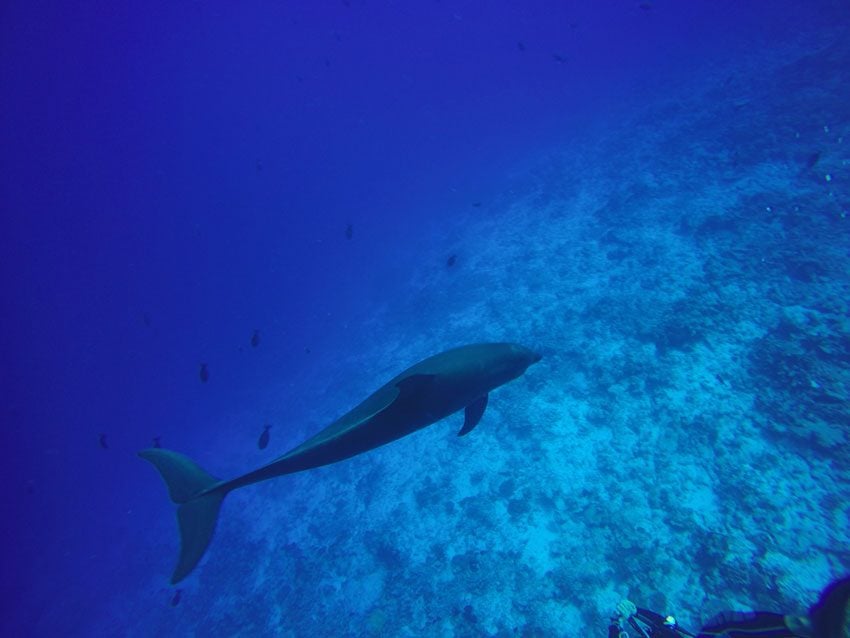
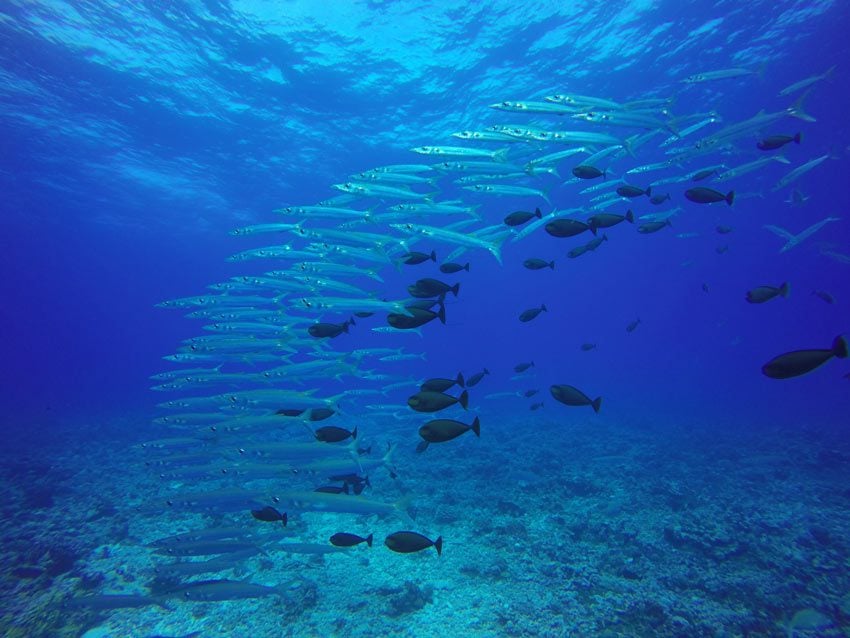
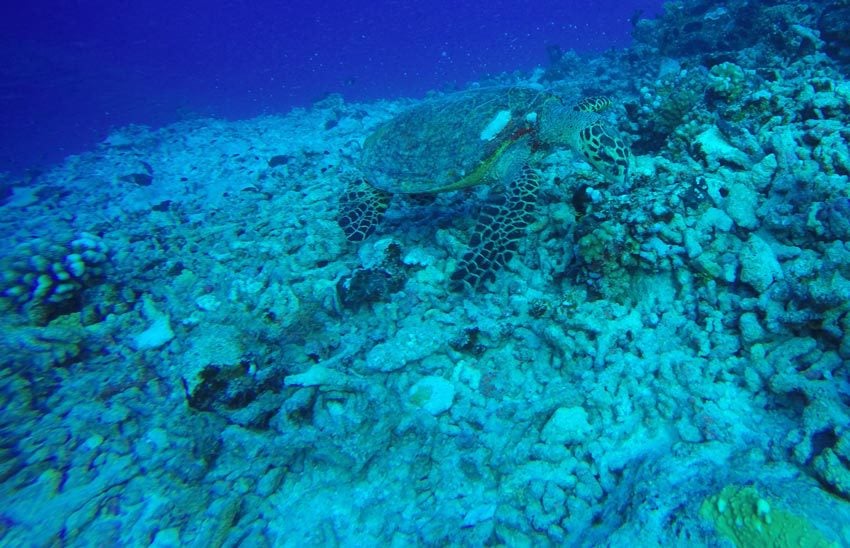
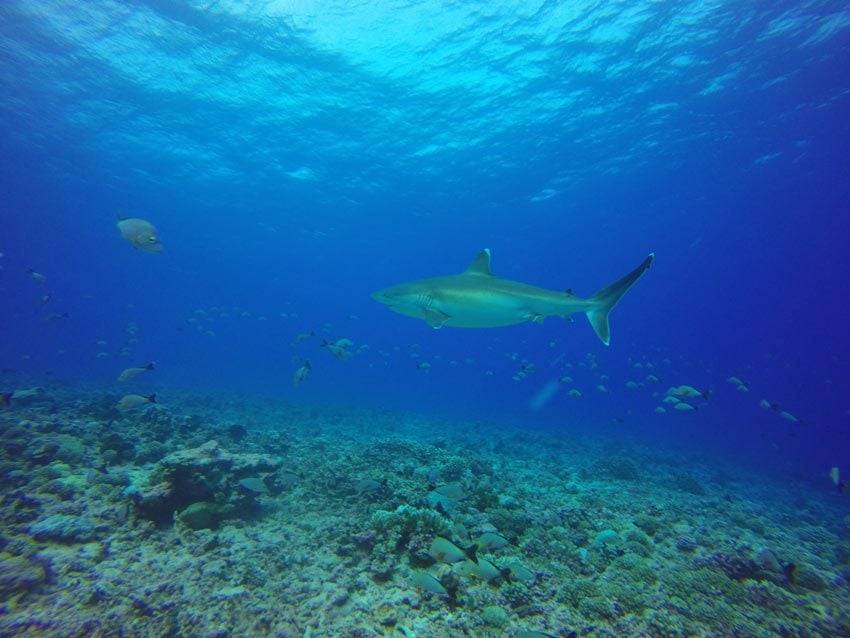
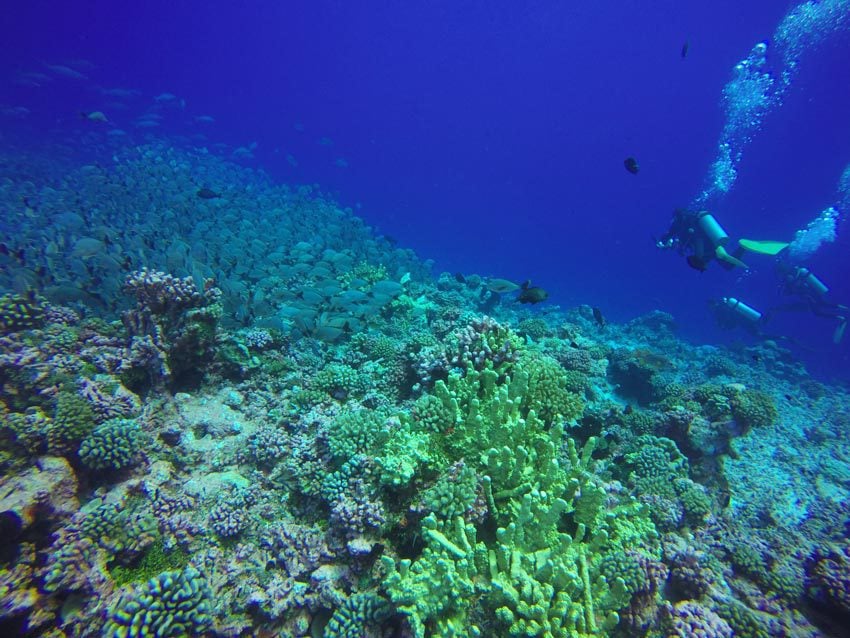
Day 6: Scuba Diving or Lagoon Tour
Depending on your flight time to Fakarava tomorrow and your appetite for more, it might be possible to squeeze another pair of morning dives. In that case, use the afternoon to relax or do activities mentioned in day 4.
For a different experience, book a lagoon tour to either Ile aux Recifs (Reef Island) or Lagon Bleu (the Blue Lagoon). The latter is more popular and impressive but both are solid options for spending the day on pristine beaches that define the meaning of paradise. Lunch is included in full-day tours.
